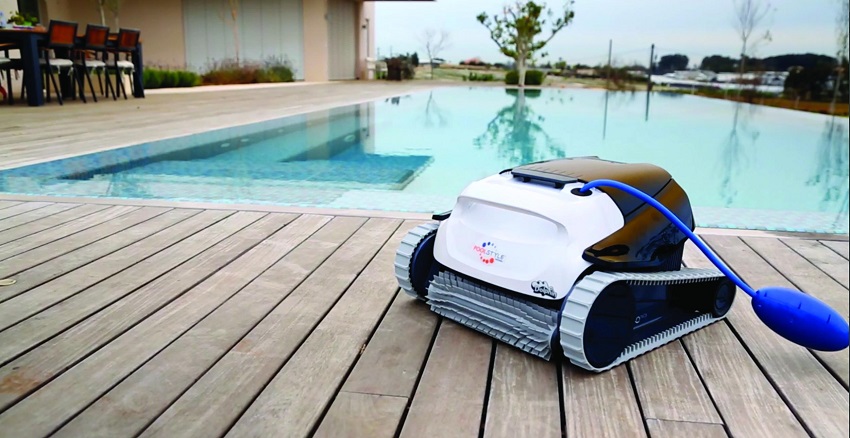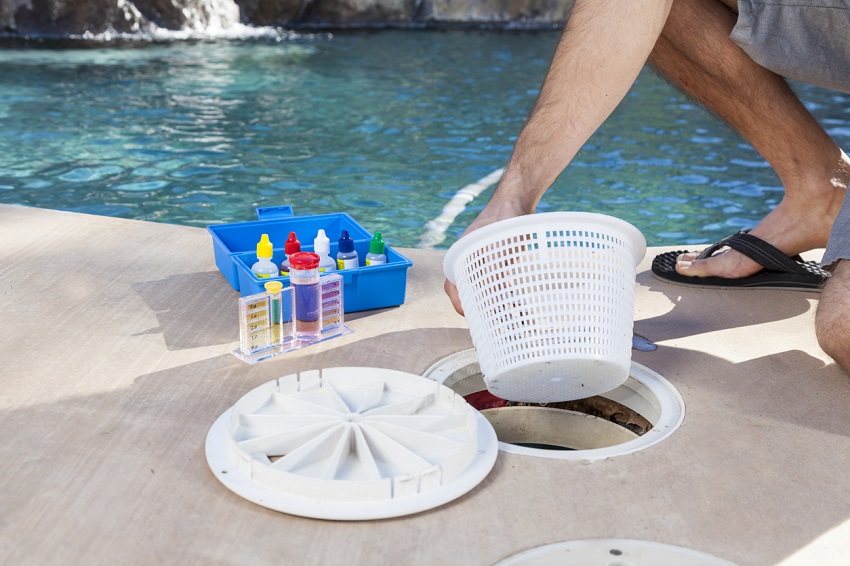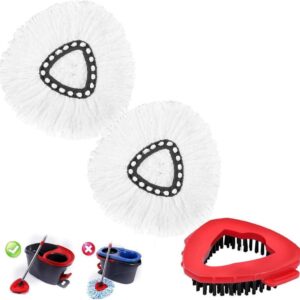
Picture this: it’s a scorching summer day, and you decide to take a refreshing dip in your backyard pool. The water is crystal clear, inviting you to relax and cool off. But have you ever wondered what it takes to keep a pool in pristine condition? In this article, we will explore the importance of pool maintenance and answer the question, “How often do you maintain a pool?” So, grab your sunscreen and let’s dive in! The content is presented by https://sevenfrigo.net/
Owning a pool comes with a responsibility—the upkeep. Regular pool maintenance ensures that your pool remains clean, safe, and enjoyable for everyone. It involves a combination of tasks, including cleaning, water testing, and equipment inspection.
Daily Maintenance
To keep your pool in optimal condition, certain tasks should be performed on a daily basis. These tasks include skimming the pool surface for debris, emptying the skimmer baskets, and checking the water level. Additionally, it’s essential to brush the pool walls and steps to prevent algae and maintain a sparkling clean appearance.
Weekly Maintenance
In addition to daily tasks, there are weekly pool maintenance routines that should be followed. These tasks include vacuuming the pool, backwashing the filter, and cleaning the pool’s walls and tiles. It’s also crucial to test the water chemistry using a reliable testing kit and adjust the chemical levels accordingly.
Monthly Maintenance
Every month, it’s important to perform some additional maintenance tasks to keep your pool in top shape. This includes inspecting the pool equipment, such as the pump, filter, and heater, for any signs of wear or malfunction. If you notice any issues, it’s best to address them promptly to prevent further damage.
Seasonal Maintenance
As the seasons change, so do the maintenance requirements for your pool. In colder climates, pool owners need to winterize their pools before the freezing temperatures arrive. This involves draining the water, protecting the equipment, and covering the pool to prevent damage. Similarly, when the warmer months return, it’s necessary to open the pool by removing the cover, refilling the water, and adjusting the chemical balance.
Importance of Regular Maintenance
Regular pool maintenance is crucial for several reasons. Firstly, it ensures the safety of swimmers by keeping the water clean and free from harmful bacteria. Secondly, proper maintenance extends the lifespan of your pool equipment, saving you money on repairs or replacements. Lastly, a well-maintained pool enhances your overall swimming experience, allowing you to fully enjoy your investment.
Benefits of Professional Pool Maintenance
While you can perform basic maintenance tasks yourself, many pool owners choose to hire professional pool maintenance services. These experts have the knowledge and experience to handle more complex maintenance tasks and can provide regular servicing to keep your pool in optimal condition. By outsourcing the maintenance, you can enjoy peace of mind and spend more time enjoying your pool.
Conclusion
Owning a pool is a wonderful luxury that brings joy and relaxation to countless individuals and families. To ensure your pool remains a source of enjoyment, regular maintenance is essential. By following a consistent maintenance routine, performing daily, weekly, monthly, and seasonal tasks, you can keep your pool in excellent condition for years to come.
FAQs (Frequently Asked Questions)
- How often should I test the water chemistry of my pool?
It is recommended to test the water chemistry of your pool at least once a week. This helps maintain proper chemical balance and ensures a safe swimming environment.
- Can I perform pool maintenance tasks myself, or should I hire a professional?
You can perform basic maintenance tasks yourself, but for more complex tasks and regular servicing, it’s advisable to hire a professional pool maintenance service. They have the expertise to handle any issues that may arise.
- Should I cover my pool during the winter months?
Yes, covering your pool during the winter months is crucial, especially in colder climates. This helps protect the pool from damage caused by freezing temperatures and reduces the amount of maintenance required during the offseason.
- How long does it take to open a pool for the summer season?
Opening a pool for the summer season typically takes a few days. It involves removing the cover, cleaning the pool, refilling the water, adjusting the chemicals, and ensuring all equipment is in working order.
- What are the common signs of pool equipment malfunction?
Common signs of pool equipment malfunction include unusual noises, leaks, decreased water flow, and inconsistent water temperature. If you notice any of these signs, it’s best to have a professional inspect and repair the equipment.





